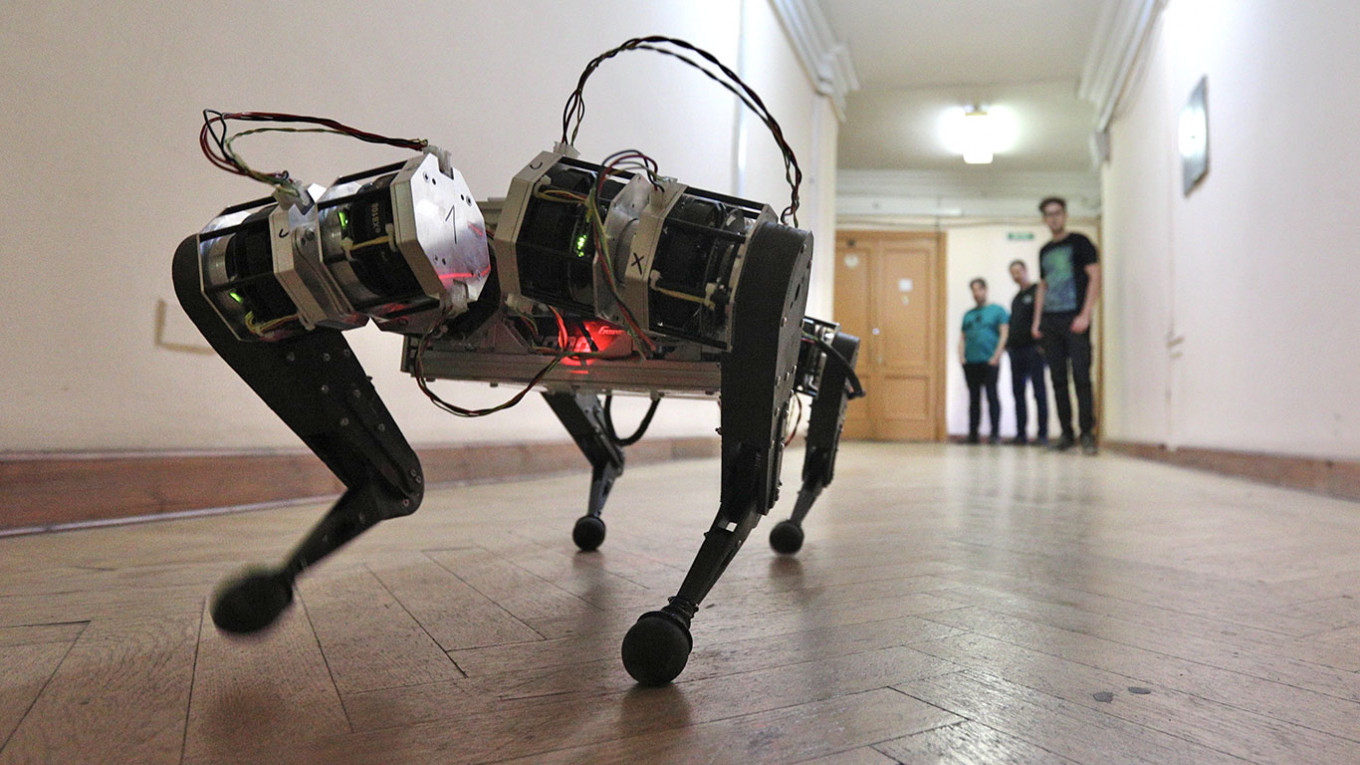Most delivery robots stop at the curb. But for Veho and the Zurich-based startup Rivr, the real challenge—and the biggest opportunity—lies in those final 100 yards from the delivery van to your doorstep.
Starting this Tuesday, Rivr’s unique four-wheeled, stair-climbing delivery robot—described by CEO Marko Bjelonic as “a dog on roller skates”—will begin ferrying packages from Veho’s vans directly to customers’ front doors in Austin.
The program starts small. Just one carefully supervised robot will be on the move each day, working five to six hours a day over a couple of weeks in various parts of Austin. But both companies see this as a vital step in solving a tricky piece of the delivery puzzle.

Bjelonic explains that while some delivery robots handle sidewalks, Rivr’s bots tackle the toughest parts—things humans find simple but robots struggle with, like navigating stairs and tight spaces. He calls Rivr’s technology “the next evolutionary step” beyond typical sidewalk robots.
For Rivr, teaming up with Veho is also a chance to test their technology in real-world conditions and gather valuable data. Unlike AI chatbots or self-driving cars, delivery robots don’t yet have large datasets to learn from. “You need real use cases to collect meaningful data and make these robots smarter,” Bjelonic told TechCrunch.
Veho, which delivers for big brands like Sephora, Saks, and HelloFresh across 50 U.S. markets, sees the partnership as a way to explore what fully automated delivery could look like—from van all the way to your door. This could let drivers and robots work together, making deliveries faster and easier, especially in busy neighborhoods. Plus, the robots can help reduce the physical strain on drivers by handling the walking part.
During the Austin pilot, a Rivr employee will accompany the robot to ensure deliveries go smoothly and safely. While the bots can operate independently, remote operators are ready to step in if needed.
The trial will kick off in Northwest Austin’s quieter residential areas before moving to busier parts of town, according to Veho’s co-founder Fred Cook. Looking ahead, Cook imagines specialized vehicles equipped with charging stations that could keep the robots running all day long.
Rivr hopes to scale quickly, aiming to grow from this single robot pilot to 100 bots by next year—and thousands by 2027. The startup already operates in the U.K. through a partnership with delivery company Evri and has raised over $25 million, including investment led by Jeff Bezos, valuing the company at $100 million.
Also Read : What is Mistral AI? Everything You Should Know About This OpenAI Competitor

